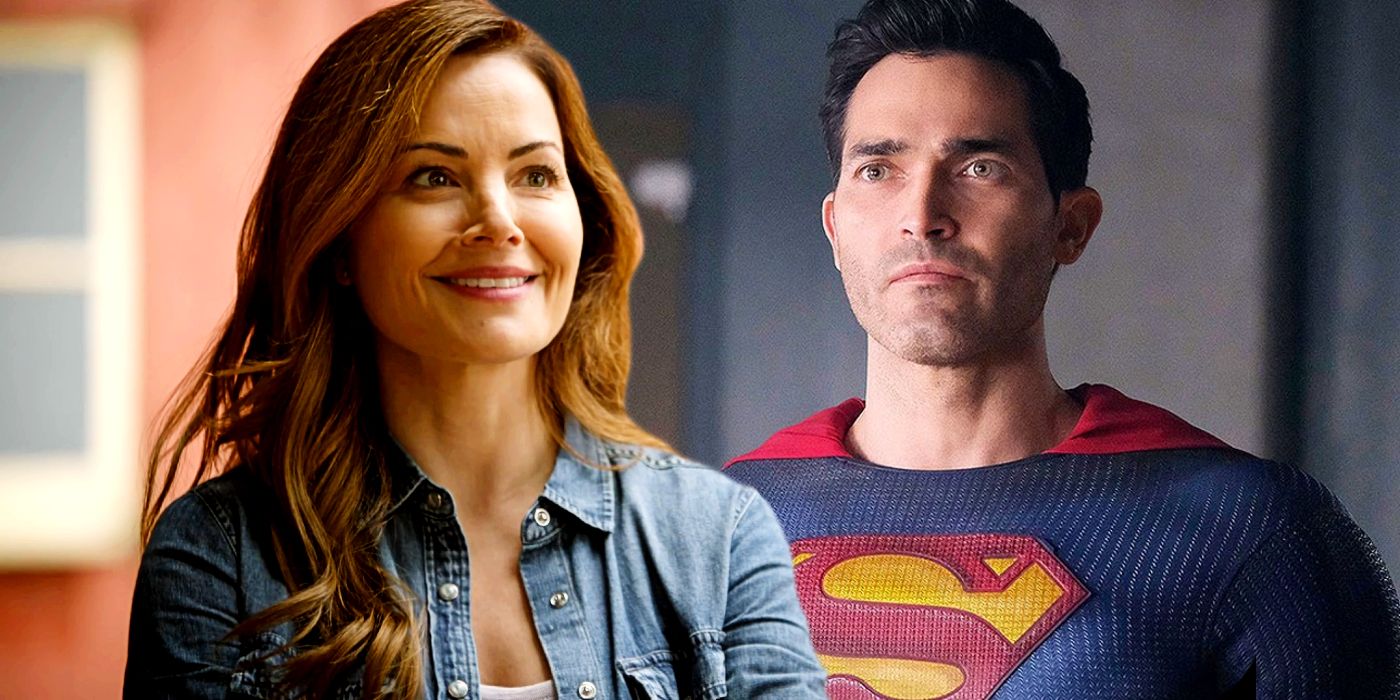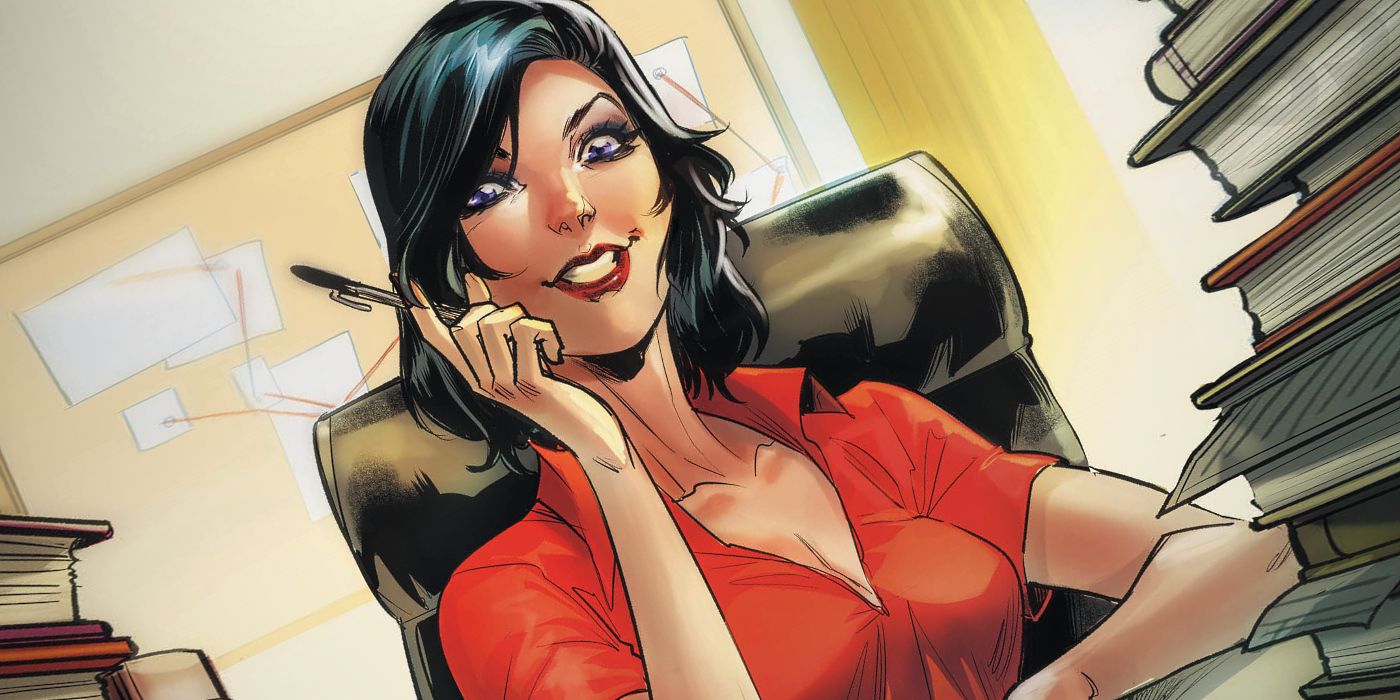The Arrowverse is considered one of DC’s most successful ventures into television and has been a crutch for The CW’s prime-time lineup; however, with the Lois Lane series Metropolis silently canceled, the question remains of just how much could’ve changed if it was allowed to air. In the past, DC experimented with ideas for all kinds of spinoffs and prequels, trying to find an audience on television and streaming services. However, with such an unusual premise and a high profile, Metropolis became a natural subject of curiosity amongst these various spinoffs.
It was announced in 2018 that a new series with the working name Metropolis was in production, and that it’d star the Daily Planet reporter Lois Lane and Superman’s future archnemesis, Lex Luthor, serving as an X-Files-esque mysteries series revolving around the pair solving mysteries prior to Superman's appearance. With John Stephens and Danny Cannon of Gotham fame behind the series, it was supposedly a 13-episode serial set to air on their streaming service, DC Universe. However, after briefly undergoing redevelopment, the Lois Lane series was quietly canceled.
When it seemed the Arrowverse became stale and increasingly convoluted, DC entered an experimental phase to reach different audiences and hopefully try something new outside Arrow’s continuity. Gotham, Krypton, and Pennyworth were all prequels meant to recreate the success of Smallville. Additionally, DC shows also tried for a darker tone, as seen with Doom Patrol and Swamp Thing as a way to distance themselves from the camp of the Arrowverse. Metropolis as a darker prequel could’ve changed the Arrowverse, if not by changing the tone of DC’s future endeavors, then by finally breaking free of The CW to create more exclusive and original programming.
During the decline of the Arrowverse, DC’s direction depended on the success of its more experimental programming. DC attempted to break free of the Arrowverse’s campier shadow with shows like Swamp Thing and Y the Last Man; however, the cancelation and failure of these series forced DC to rely once again on what had established their presence on television for the past decade. Citing both Fringe and The X-Files as inspiration, Metropolis hoped to establish a unique sci-fi noir experience outside The CW’s continuity. If Metropolis found success, it could’ve redefined DC’s future endeavors such as Naomi and Superman & Lois, making them redundant or possibly reconsidering what audiences they sought by embracing darker character-based dramas.
The biggest draw of the DC Universe streaming service came from its exclusive programming, and while a majority of their catalog was successful enough to move to HBO Max, it didn’t have quite enough to compete with The CW. At a time when the Arrowverse’s ratings dropped and sought any gimmick to keep it going, all DC Universe needed was a show that was groundbreaking enough to distinguish it. Metropolis easily could’ve broken up the monotony and become the service’s Stranger Things or Daredevil, something that would’ve drawn in enough viewers to save DC Universe before it went exclusively to comics. If Metropolis found an audience, perhaps Arrowverse’s programming would’ve followed Stargirl as an exclusive, or maybe halted future the development of new shows on The CW. After all, Netflix has proven, all it takes is one humble runaway hit to make a cultural impact and bring in the subscribers.
It’s hard to say where Metropolis would’ve gone, but doing something different could’ve changed the Arrowverse’s domination of television. Lois Lane has proven to the world on multiple occasions; that you don’t need superpowers to change the world, all you need is a good story and the courage to chase it. Although the mysteries of Metropolis remain unsolved for now, luckily for Lois Lane, she’s still headlining Superman & Lois.


